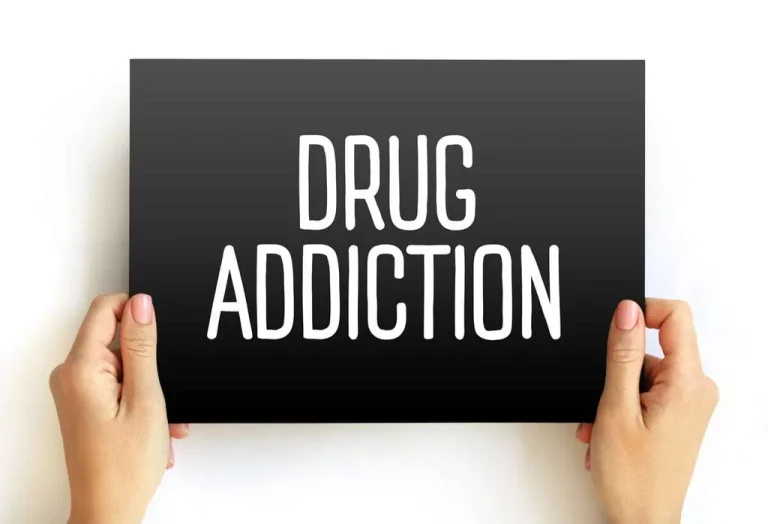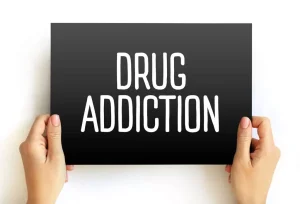
But, while this may alleviate them, this heroin addiction should not be where the treatment ends. His work has appeared in publications including The Guardian, Euronews, and VICE UK. Alcohol shakes are reduced when you flush the toxins out of your system.
Alcohol Shakes
Alcohol detox shakes are primarily caused by the body’s reaction to the absence of alcohol after a period of heavy consumption. The central nervous system, having adapted to the depressant effects of alcohol over time, becomes hyperactive when alcohol is suddenly removed. This hyperactivity manifests as tremors, commonly referred to as detox shakes. For someone with moderate-to-severe alcohol withdrawal symptoms, inpatient treatment will likely be the best option. Inpatient treatment is when you are treated at a hospital or another professional setting that specifically handles alcohol withdrawal. The main goal of alcohol tremor treatment is to reduce your withdrawal symptoms, prevent any complications, and enroll in long-term treatment for alcoholism.
Common Causes of Alcohol Shakes
As your body gets used to no alcohol, different treatments can make you more comfortable and keep your symptoms from getting worse. Everyone is different, but generally speaking, mild symptoms often start 6-12 hours after your last drink. Having a balanced meal before consuming alcohol helps stabilize blood sugar levels and slows down alcohol absorption. It is also important to talk to a doctor if any side effects occur or if the shakes worsen.
- The best way to minimize shaking from alcohol is to drink less alcohol, or quit drinking altogether.
- There is no way to speed up metabolism or shorten hangover recovery time.
- When it is clear that alcohol tremors have developed, it is essential to be on guard for the development of other signs and symptoms, in particular delirium tremens (DTs).
- Shakes after drinking are primarily caused by dehydration, low blood sugar, and withdrawal symptoms.
Why Do Shakes from Alcohol Occur?
The association between alcohol shakes and DT (a nightmarish withdrawal symptom that can lead to death) boils down to seizures. Delirium tremens can produce seizures, withdrawal hallucinations, and in some cases it’ll slow the respiratory system to a crawl, leading to organ failure and, at times, a full system shutdown. The following quiz is called the AUDIT, which is short for Alcohol Use Disorders Identification Test.
- These shakes are often accompanied by other withdrawal symptoms, such as sweating, anxiety, and nausea.
- They typically occur when someone who regularly drinks significant quantities of alcoholic beverages stops drinking, and the effect of alcohol starts wearing off.
Exploring treatment options
The frequency and intensity of your tremors can depend on the severity of your alcohol drinking. Stress and anxiety can increase the severity of alcohol withdrawal symptoms. It helps to keep busy with activities you find enjoyable and that promote health and well-being. They occur more often in people who use alcohol regularly, which may be due to brain damage from excessive alcohol use.
What are the causes of shaky hands?

Long-term alcohol abuse can lead to serious, sometimes life-threatening, medical, emotional, and social consequences. It is important to consider your drinking habits and recognize when you need help to stop drinking. If you or someone you love struggles with unhealthy drinking or alcohol addiction, you are not alone.

Given the fact that alcohol withdrawal can cause tremors, you may be wondering if tremor is a sign of alcoholism. While tremors can suggest that someone is withdrawing from alcohol, alcoholism is not the only cause of shaking. Government guidelines define moderate alcohol consumption as one daily alcoholic beverage for women, and up to two drinks per day for men. Excessive alcohol use, on the other hand, can become problematic and lead to an alcohol addiction, which professionals call an alcohol use disorder.
How To Treat Alcohol Tremors

As the brain restores balance and regulates without the influence of alcohol, usually the anxiety subsides which lessens the severity of alcohol shakes. In the case of the alcoholic dealing with shakes after cessation of drinking, what causes it is an overactive sympathetic nervous system. how to stop shaking from alcohol Now that alcohol is no longer in the picture, the brain and CNS can function properly. This stabilization becomes an overstimulation for the brain in its current form, which then produces what we know to be tremors. I’ve spent the last seven years researching and understanding alcoholism, addiction, and how people get sober.

- If sufficient scar tissue prevents the liver from eliminating ammonia and other toxins from the bloodstream, alcoholics with cirrhosis of the liver may experience uncontrollable shaking.
- He has worked for Elevate Addiction Services for over 2 years, and is board-certified in family and addiction medicine.
- Professional assistance and ongoing support are often necessary to manage withdrawal symptoms effectively and address underlying issues.
- The duration of alcohol shakes varies depending on several factors, including the severity of the alcohol dependence, the amount of alcohol typically consumed and the individual’s overall health.
- Explore our programs and see why the Massachusetts Center for Addiction is the top choice for drug rehab and mental health treatment in Massachusetts.
- The Recovery Village Columbus offers comprehensive addiction treatment for drug and alcohol addictions and co-occurring mental health conditions.
When alcohol is consumed, it depresses the central nervous system, leading to a calming or soothing effect. However, as the alcohol’s effects wear off, the nervous system can become overactive, resulting in shaking or tremors. This can happen even during a drinking session if the alcohol level in the blood fluctuates significantly. Medical supervision for alcohol withdrawal typically involves monitoring of vital signs, administration of medication to alleviate symptoms, and close observation for any potential complications. In some cases, hospitalization may be necessary to ensure the safety of the individual undergoing withdrawal. It is important to seek medical supervision and support to ensure that you receive the appropriate care and treatment for your condition.